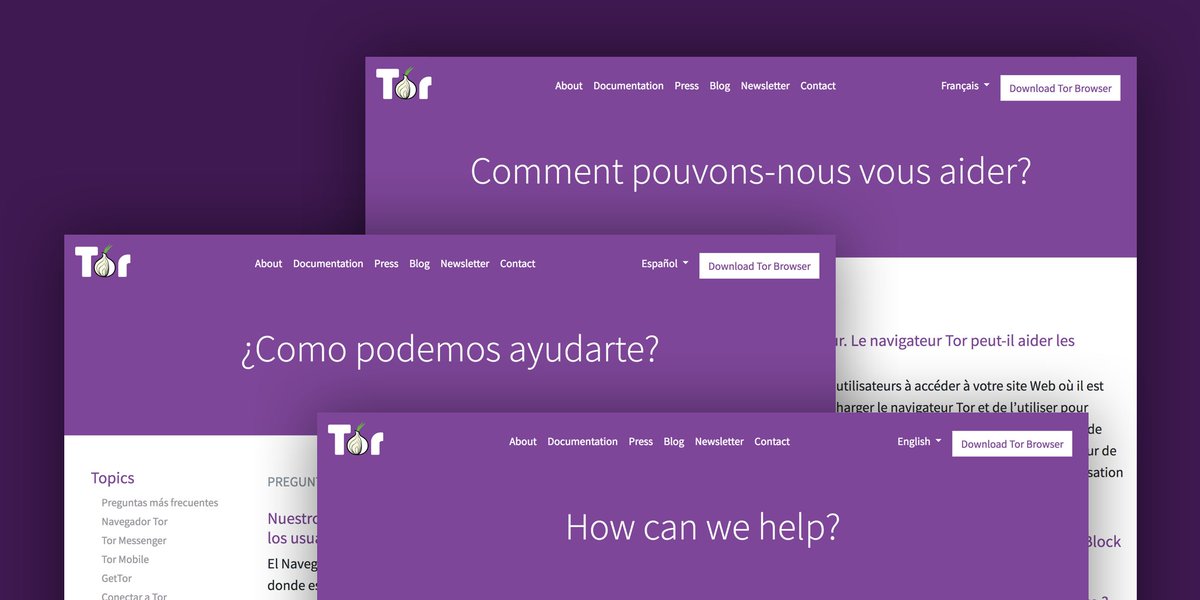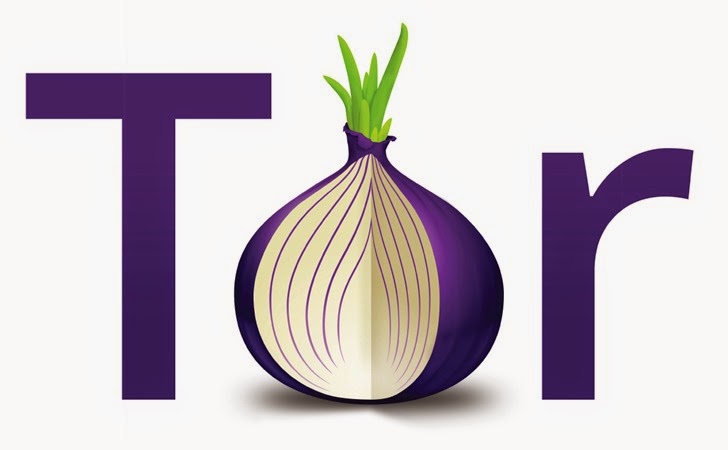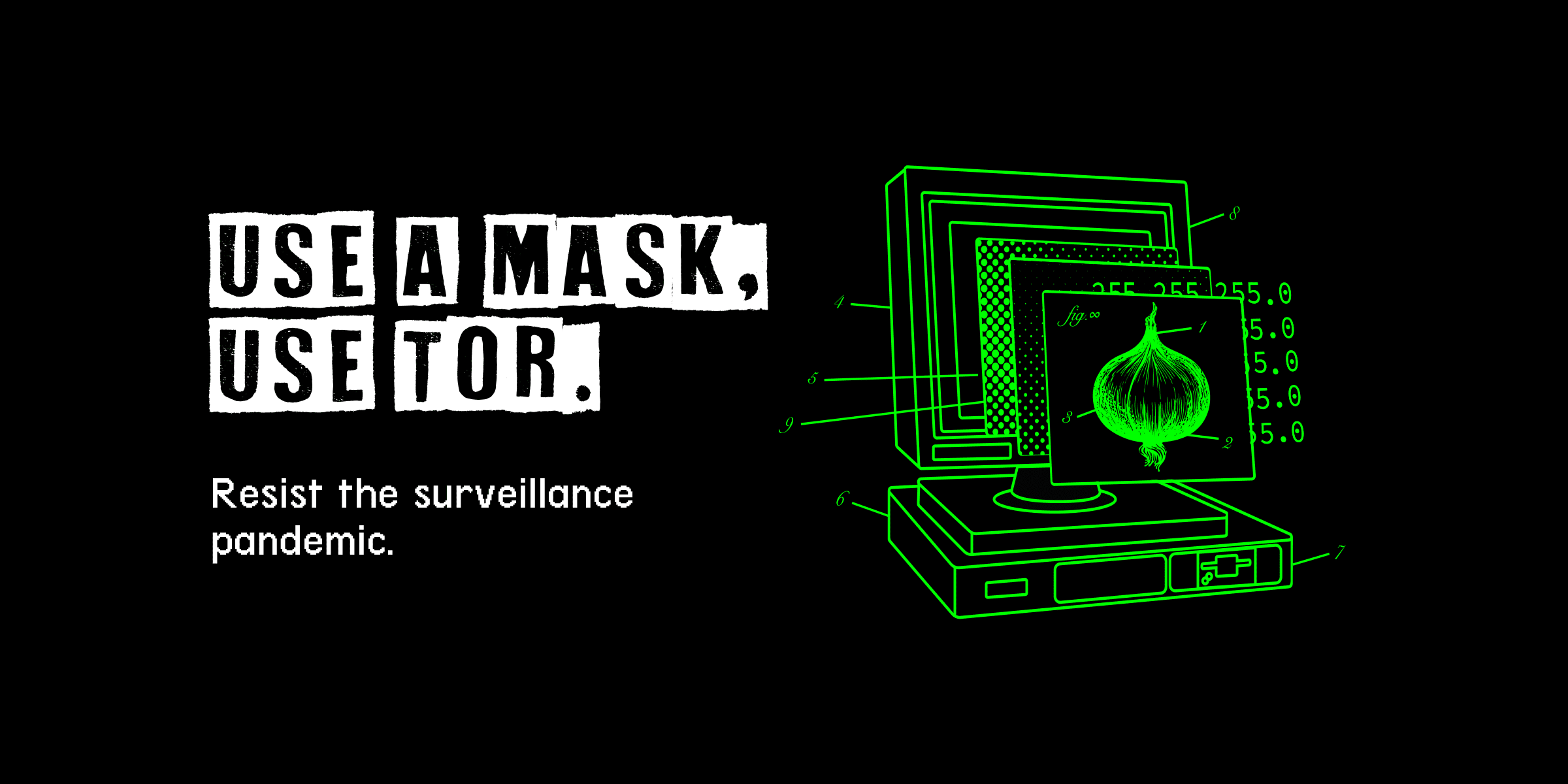


“We’ve found over the recent years that the complexity of the existing C code, and the fragility of the C language, make it unnecessarily difficult to improve the code while maintaining our security and privacy guarantees.” “Onion routing has just had its 25th anniversary in May, and although Tor is a great set of privacy tools, the C program “tor” itself (note the lowercase t) is beginning to show its age,” Mathewson said. Related: Nym Opens Up Staking in New ‘Finney’ Testnet to Counter Sybil Attacks After a while, he realized that Arti could solve many of Tor’s long-term software issues, and so he decided to try to bring it into production.

Mathewson said he started Arti as a side project so that he could learn Rust. Related: US Financial Surveillance Agency Wants to Know More About Privacy Tech “We hope that within the next several years, Arti will become the preferred implementation of the Tor protocols.” “Arti is a project to make an improved version of Tor that will be more reliable, more secure, and easier for other software to use,” said Nick Mathewson, chief network architect and co-founder of the Tor Project. Rust is a coding language that developers use to create software. Arti should make it simpler for third parties to embed and customize the Tor Client than the current implementation in the C coding language. A client is a hardware or software product that accesses a service made available by a server. ZOMG announced on Tuesday that it is awarding the privacy-focused Tor Project a $670,000 grant to continue to develop Arti, a Rust coding language implementation of the Tor Client. With a better code foundation for developers to build on, solutions to existing issues on Tor will be easier for developers to address. A project is in the works to make the Tor Client more adaptable and easier for third parties to use, with some help from Zcash Open Major Grants (ZOMG).


 0 kommentar(er)
0 kommentar(er)
